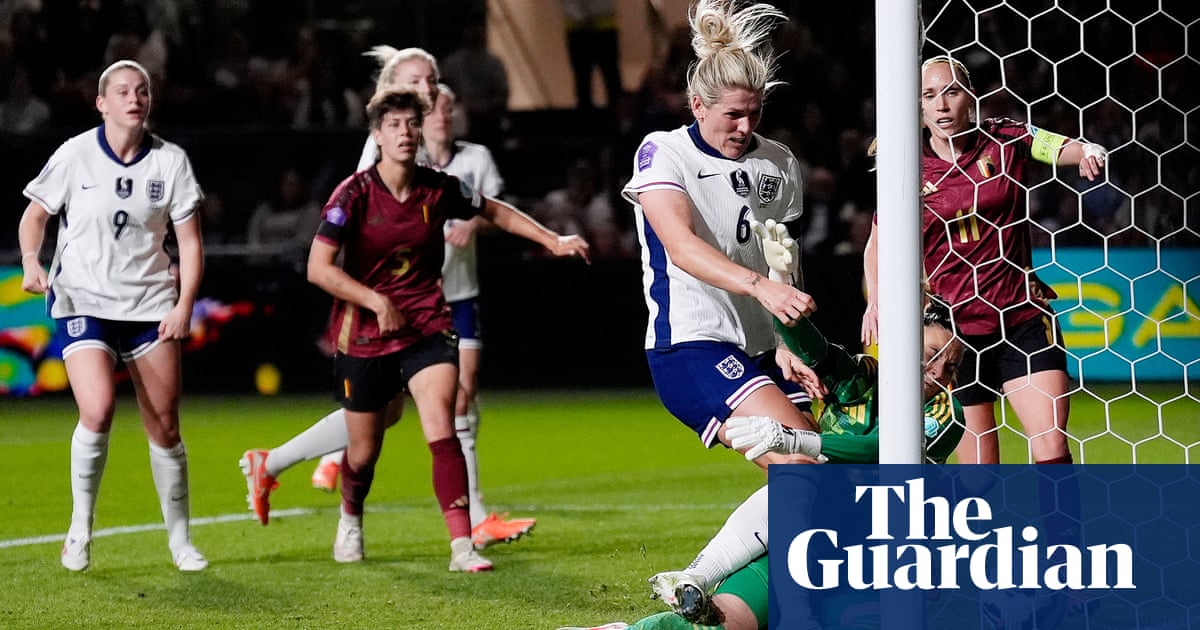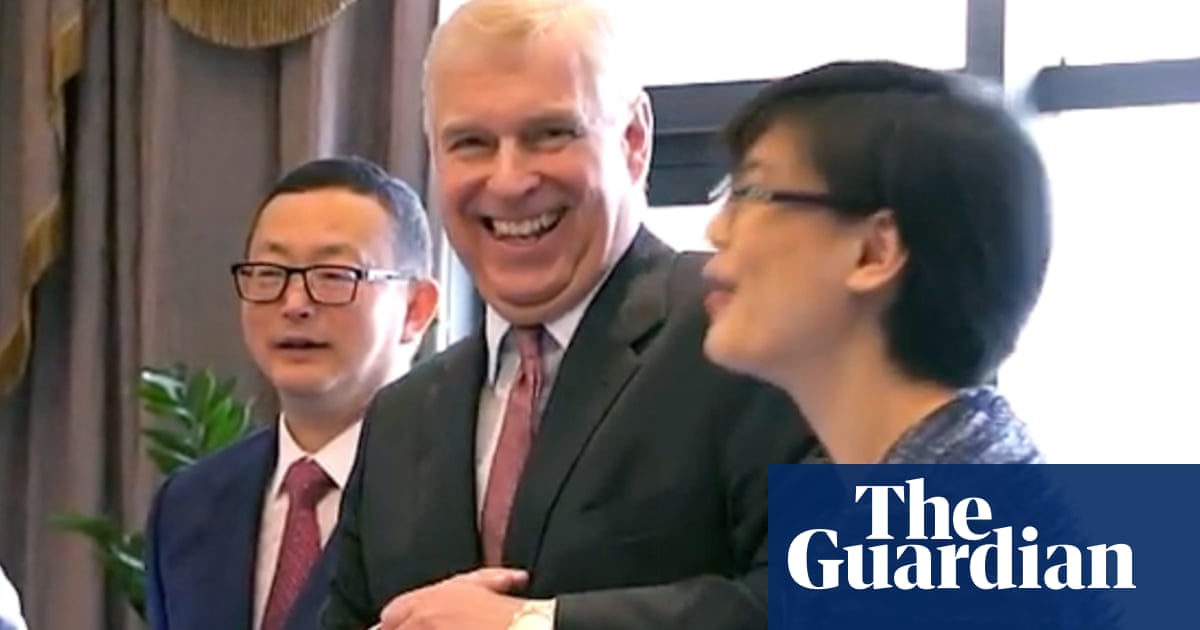My best friend of almost 40 years has always had a slightly skewed impression of who I am. She tends to express concern over decisions I make, and seems to believe that I am naive, gullible and lonely. I am, however, none of these and have had a successful career, live a highly independent life and have a number of good friends with whom I spend time.
In the past I simply brushed off this minor issue, as it seemed important to her to view me this way, and I have no lack of self-esteem. However, lately this has verged on untenable, with her ordering me to “eat everything on my plate” at a restaurant, assuring me that I’ve made multiple mistakes in handling my finances, and lecturing me on fourth grade maths, loudly and in public, when I calculated a discount on a cute pair of shoes.
We both believe that one of the secrets to our four-decade friendship is that we don’t over-analyse it or speak about it. I need to address this with her but am concerned that it may cause harm to our relationship. If I could only ferret out why she is acting this way, and whether or not my personal perception of the situation is somehow askew, or determine how my own actions may play into her attitude, I feel I could overcome the situation.
Eleanor says: Isn’t it funny, the versions of us that live in other people’s heads? Sometimes they’re lovely versions we want to live up to. Sometimes they’re distant perceptions it’s fun to play into. And sometimes they’re horrible scarecrows patchworked together from projection and hyperbole. If you could get them all in a room together, I wonder if they’d even want to speak to each other.
I think phase 1 here is to check if your diagnosis is accurate, that the version of you in her head is someone naive, gullible, lonely. The case is looking pretty strong – the “eat up” remark, the finance, the maths lesson. But in fairness, we do get more sensitive to evidence of a phenomenon we’re looking for. Once we suspect someone does something all the time, we see it in everything they do. Is there a mutual friend you could (politely) check your perception against? Even glance at them when she’s doing this, to see if they share a look? Another thing to check is whether this is directed only at you. It’ll make a difference to your strategic response if she sees specifically you as bumbling or childish, or if this is just the local upshot of a universal tendency to cast herself as the competent one.
Phase 2: fixing this. I agree with you that not over-discussing friendships can help them last. Friendships often involve a little less looking at themselves than relationships of romance or family, which have whole infrastructures for celebrating and understanding themselves. If a romance starts out as two people looking at each other, friendships can feel more like standing side by side looking out. That’s a nice thing. But it can also make it tough to explicitly acknowledge that in a friendship you were all along looking at each other too. Of course, your dynamics can get screwy – just the same as in romances or families. “About us” conversations can be trickier for friends and the reset to normalcy afterwards can be harder without the balms of shared domesticity.
So maybe it’s not a whole big conversation, that “when you do X it makes me feel Y”. Maybe it’s just firm, good humoured “blocks”, little social stop signals that stay friendly and in good spirits. The key would be tone. It can’t feel like the defensive bark of a wounded dog. It can’t be retaliatory barbs cloaked in “it was a joke!”. If it seems like you’re distressed or off-balance, it’ll just look like proof of fragility. It could be more like an amused reminder of something that hardly needs saying: “I’m confident about my finances” with a smile and a gentle “stop” gesture, not “Thanks, Mrs Bossy”. Statements about you, not statements about her.
If she pushes back and explicitly says something to the effect that you’re gullible or naive, it might then be time for a slightly flintier response: “You think I can’t calculate the discount?”
The point isn’t to disprove her picture of you, or even to attack the injustice of how she has cast you. It’s to call her attention to the fact that her impression is just that: a picture.
*This question has been edited for length

.png) 3 months ago
38
3 months ago
38













































